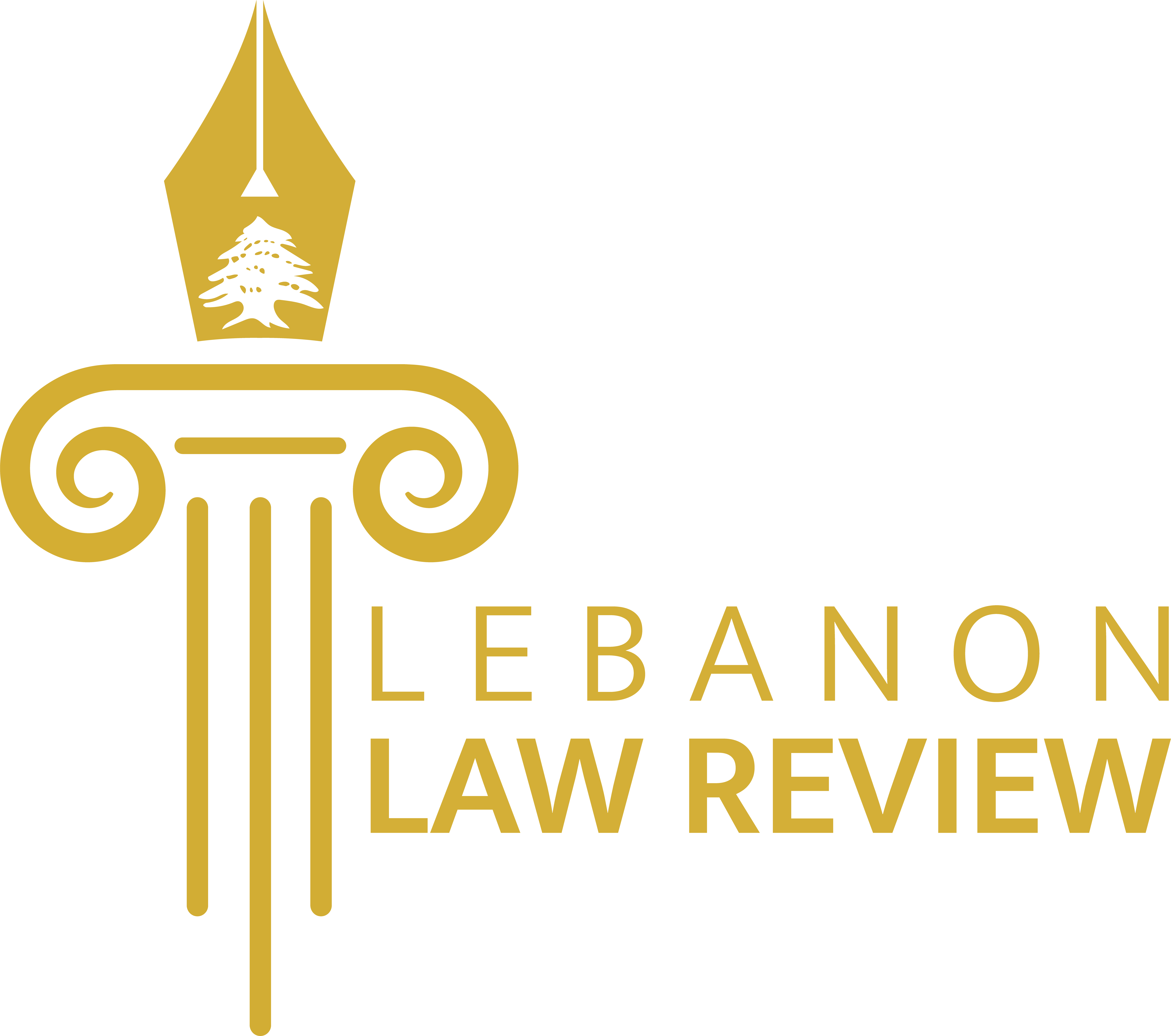Hate Crimes within the context of the Lebanese and international legal systems.
Hate crimes are challenging judicial foundations worldwide. Hate crimes are currently drawing global attention, demanding subjects of international law to adopt regulating conducts for such crimes. The consequences of biased-motive crimes go far beyond individual harm to imperil the general social organization.
Hate crimes are recognized as human rights’ violations by international legal personnel. However, many jurisdictions are yet to criminalize them, necessitating that policy makers take the necessary steps to redress that, as in Lebanon. It is the duty of states to provide adequate legal definitions for biased-motive crimes, specify the means of prosecution, and decide the adequate punishment.
Despite the demand, the Lebanese legal system has so far failed at providing hate crimes with an adequate legal description. If not held accountable, offenders’ violence might escalate promising a loss in the feelings of safety and security among the targeted groups. Legal recognition starts by providing a clear and coherent definition of what acts constitute hate crimes, distinguishing them from regular criminal conduct.
This study first explores the concept of hate crimes, then investigates the legal framework of hate crimes in international and local legislation, sheds light on the loopholes in the Lebanese approach for hate crimes, and ends with a few remedial suggestions.


